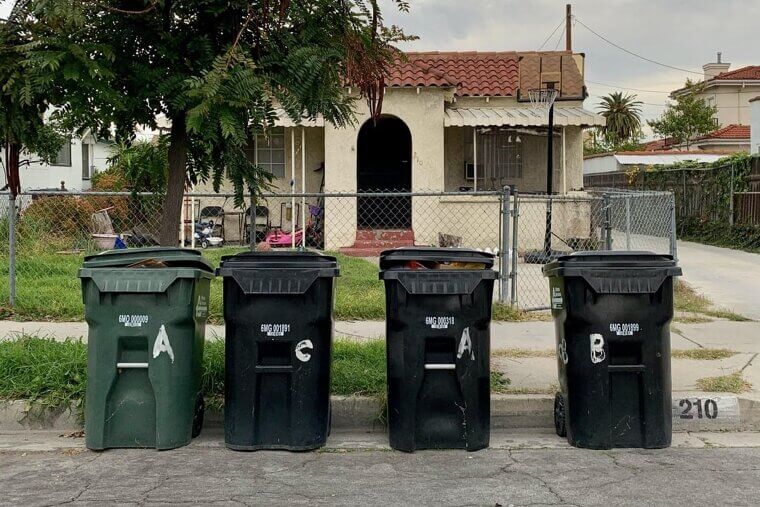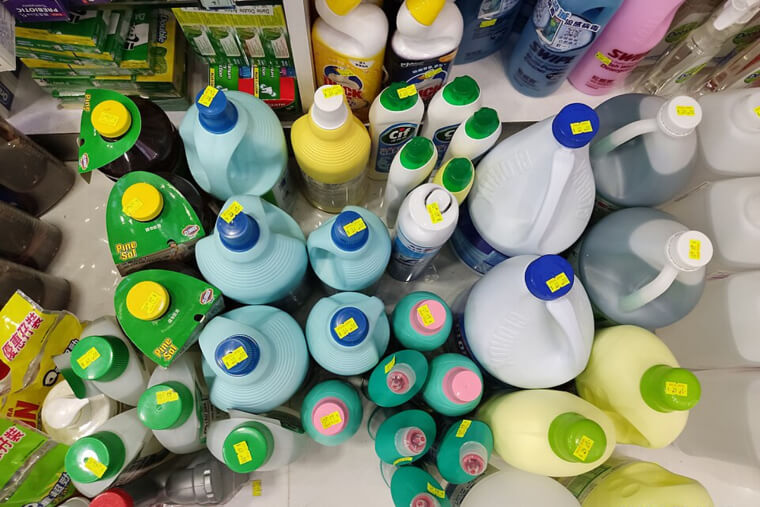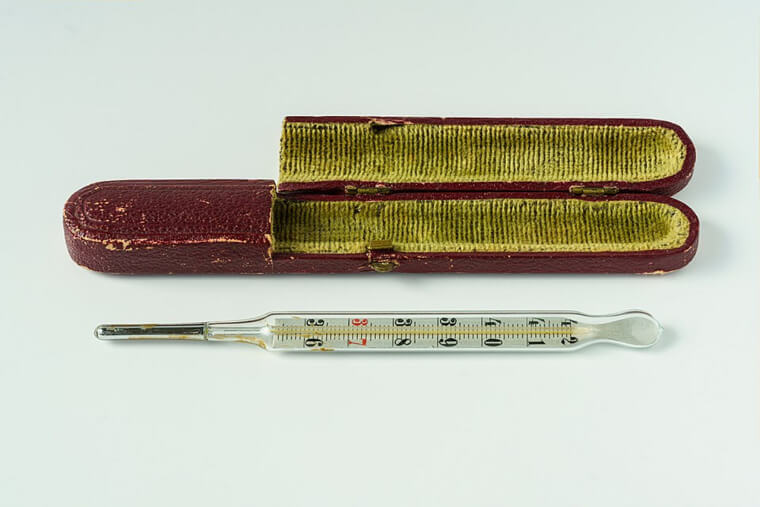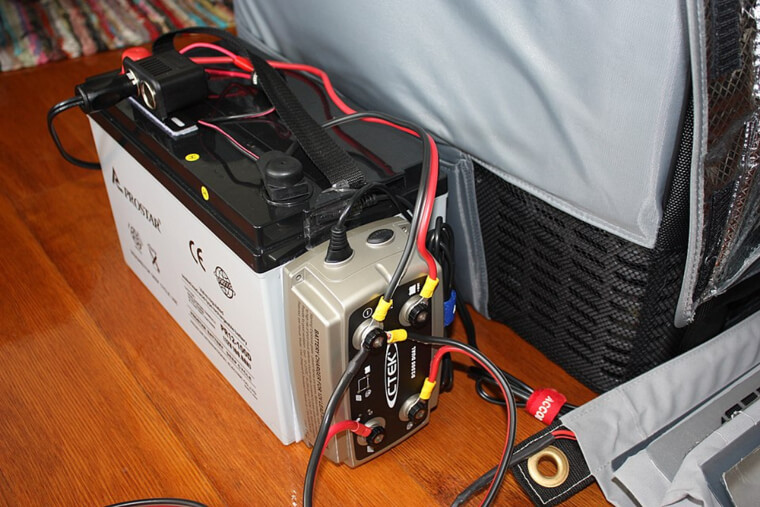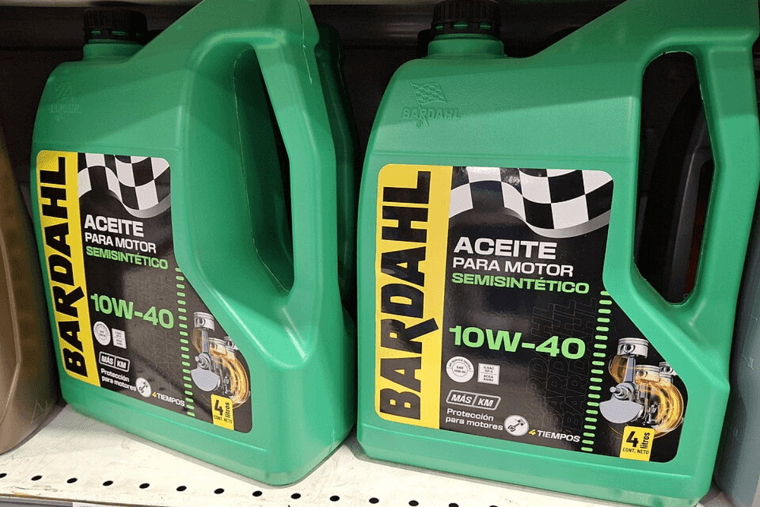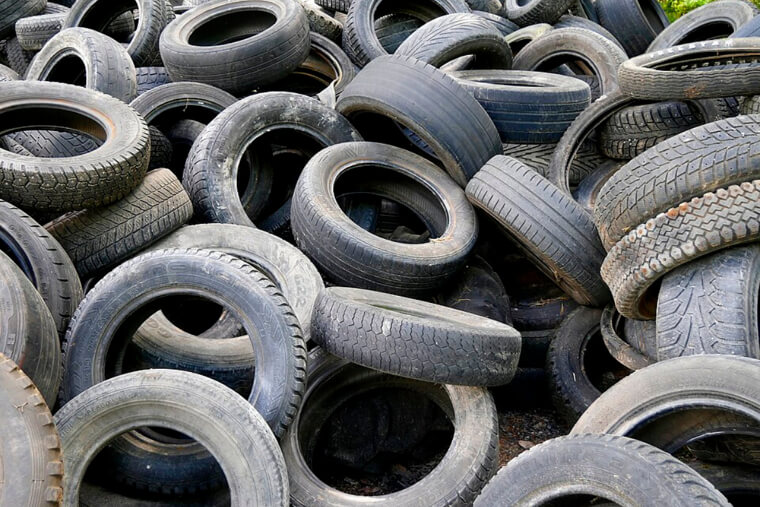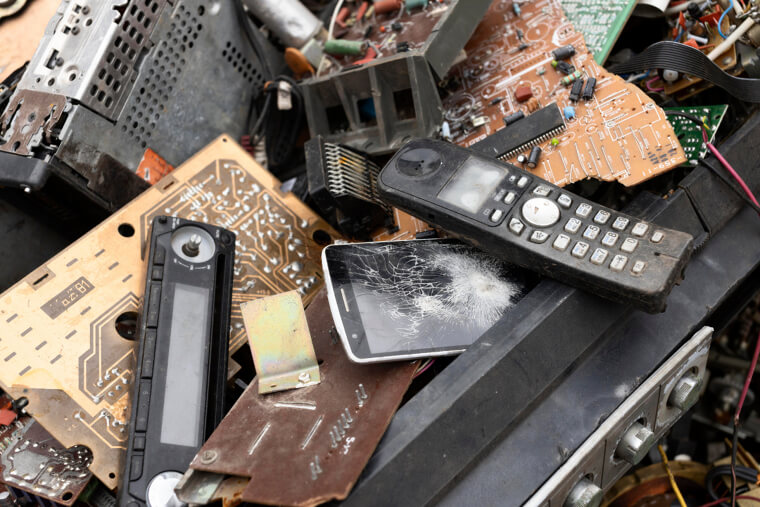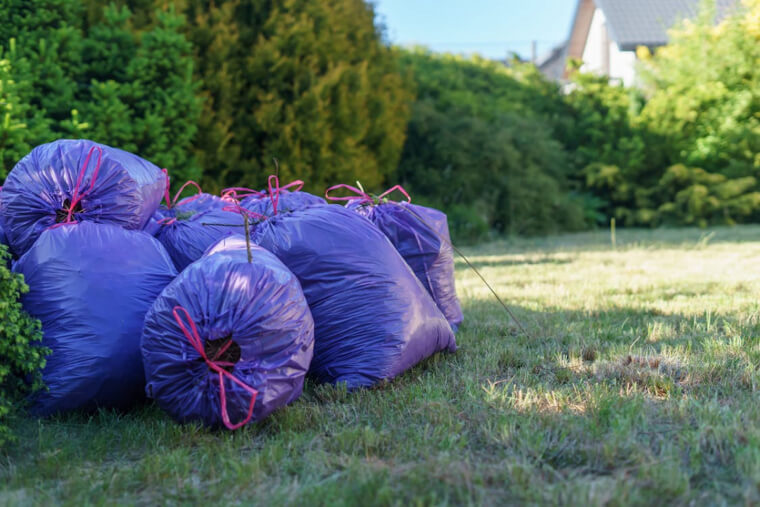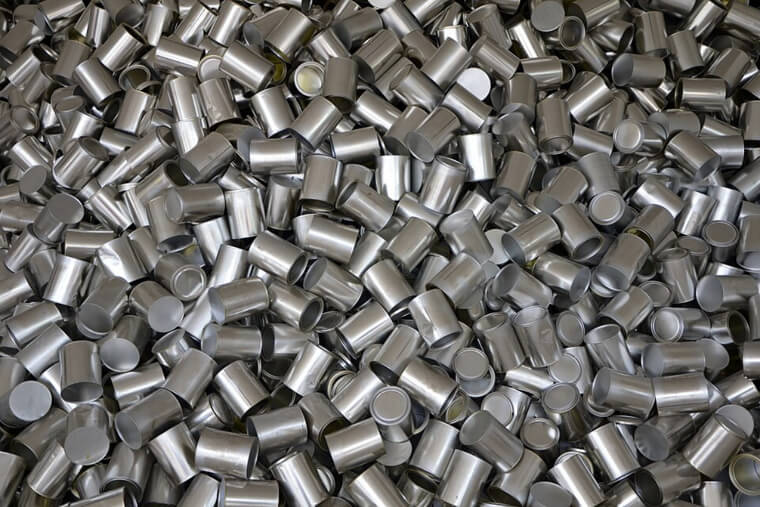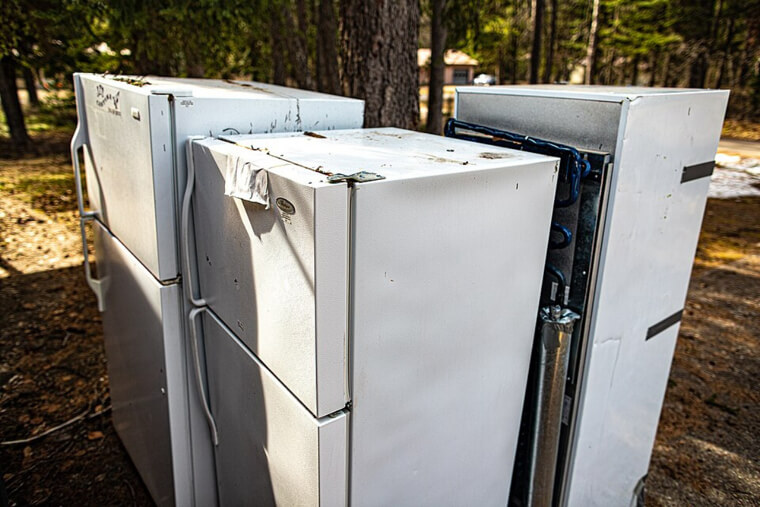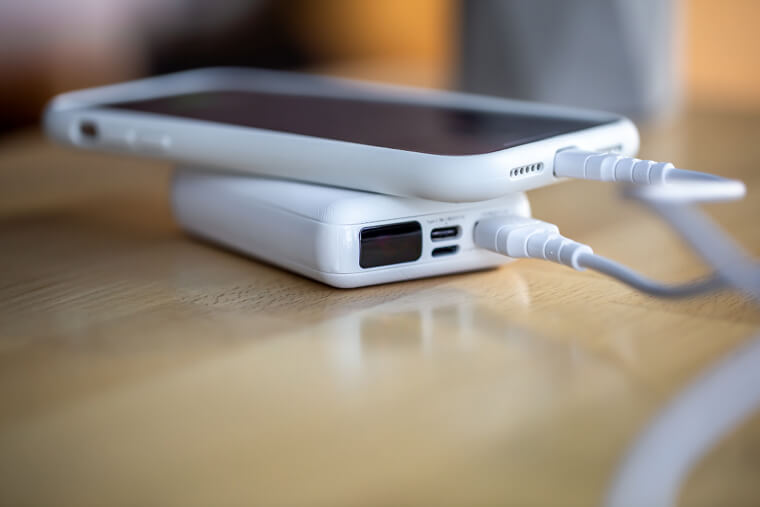Think You Can Throw These Away? Not in These States
Most of the things that you throw out on the curb end up in a landfill. Of the daily trash that we generate, a lot of items have the potential to harm the environment, because of which, their disposal in household garbage is banned in many states. Here is a list of such items and how to correctly deal with them.
Knowing what not to toss—and how to dispose of it properly—can keep you compliant and eco-conscious.
Hazardous Chemicals
While we might think that household waste does not include harmful chemicals, they can be found in things like oil-based paint, paint thinners, lawn chemicals, and cleaning products. If left in landfills, they can be harmful to humans and animals. The best way to dispose of them is to drop them off at your local hazardous waste disposal facility.
Many cities hold special collection events for these items, making it easier for residents to safely and legally get rid of them.
Mercury Based Gadgets
Mercury has long been known to be extremely dangerous to humans and the environment. Nowadays, it is found in things like CFLs, thermometers, and thermostats. They can be disposed of at big-box hardware stores like Lowe’s. Many states prohibit placing these items in household trash because even trace mercury can contaminate soil and water.
Always handle them with care, store them in a sealed container, and check your local waste management site for designated drop-off times or recycling events.
Car Batteries
If leaked, lead-acid batteries found in cars and motorbikes can cause lead contamination, causing serious harm to humans and the environment. If you have an old battery, you’re better off exchanging it for a new one or surrendering it at an auto repair shop rather than throwing it in the garbage. Many states have laws requiring proper recycling of these batteries to prevent hazardous waste buildup.
Retailers often provide take-back programs that make safe disposal easy and sometimes even reward you for recycling.
Motor Oil
A single gallon of motor oil, if spilled, can make a million gallons of freshwater undrinkable. Disposing of it in landfills is only legal in a few states, like Alabama. For others, the best option would be to save up used motor oil and drop it off at auto body shops. Many service stations and auto parts stores accept used oil for recycling at no charge.
Never pour it down a drain or in the trash—it’s illegal and environmentally devastating.
Worn Out Tires
This might come as a surprise to most people, but dumping used tires in the garbage is illegal in most states. This is because they tend to float up in landfills, collect rainwater, and become a home for disease-ridden insects. If you want to get rid of one, your local tire retailer might be your solution.
Some states require tire sellers to accept old tires for recycling or proper disposal. Many also host periodic collection events specifically for used or scrap tires.
Electronic Gadgets
Popularly called ‘E-waste’, these things are notoriously difficult to discard. Many states have banned electronic products from landfills. In such a case, your best bet is to drop them off at e-waste collection events or a licensed electronics recycler. Old laptops, phones, TVs, and printers often contain heavy metals and toxic components.
Some retailers like Best Buy or Staples also offer convenient recycling programs, making it easier than ever to safely clear out your junk drawer or storage closet.
Yard Waste
Grass, leaves, twigs, and branches from your yard are usually not accepted at landfills because they can release dangerous gases like methane while decomposing in the open. Self-composting or dropping them off at community composting events is an easy way to recycle yard waste. Many municipalities have yard waste pickup days or designated compost drop sites.
Turning this waste into mulch or compost not only keeps it out of landfills but also benefits gardens and green spaces.
Aluminium Cans
Yes, most of us do already toss aluminium cans in recycling. But still, cans worth up to $800 million end up in landfills every year. Most states have banned them from landfills to redirect them into recycling, since aluminium is infinitely recyclable. Going forward, just be aware of how you are disposing of the next can of Coke you drink.
Many states even offer cash incentives for returning aluminum cans. It’s one of the easiest ways to recycle and reduce environmental impact.
Large Appliances
Refrigerators, dishwashers, and other such appliances usually contain chemicals that are harmful to the environment. If you’re considering replacing any such appliance, ask your retailer if they can take the old one off your hands. Most of them usually do. These appliances may also contain refrigerants, oils, or heavy metals that require proper handling.
Many cities offer bulk item pickup or recycling programs to keep these items out of landfills and ensure they’re dismantled and processed safely.
Rechargeable Batteries
Anything that plugs into a wall to charge usually has a rechargeable battery—inlcuing your phone. These batteries can explode and contaminate water supplies and are also a major cause for fires in waste management facilities. Like most other hazardous chemicals, they are better handled at your local hazardous waste management facility. Retailers like Best Buy, Staples, and Home Depot also offer convenient battery recycling programs.
Never toss them in the trash—it’s dangerous, and in many states, it’s also illegal.

